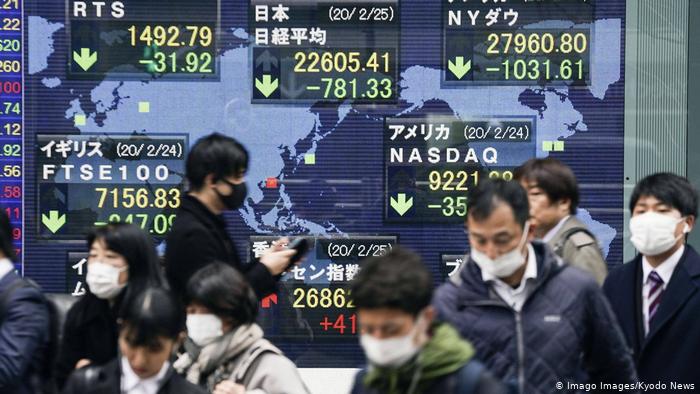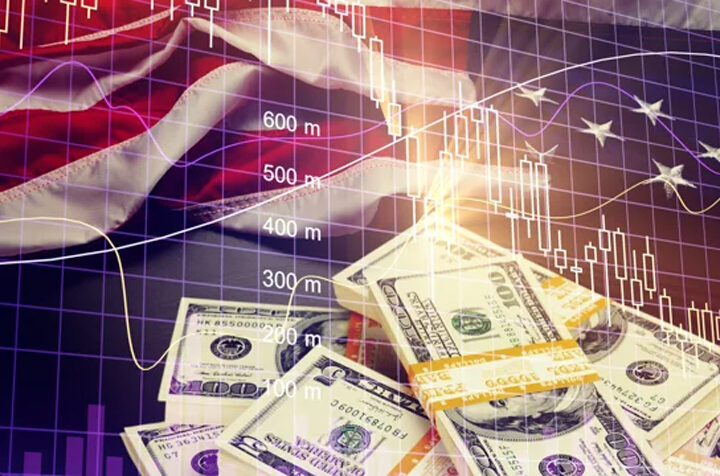By Hussein Sayed, Chief Market Strategist at FXTM
Nowadays, there’s no other topic of discussion than the coronavirus. The vast population around the world is at home, trying to protect themselves and their family members from this deadly disease. Some are not even worried about losing their jobs as much as surviving this health crisis.
We are certainly living in unprecedented times. The most watched indicator for investors has become the number of coronavirus cases, which has now topped 339,000 and continues to rise. Many countries have reached, or are about to reach, a critical infection point where things get out of control, as we’ve seen in Italy.
Navigating this crisis isn’t an easy one. To make an investment choice, you need to know whether the economy will go through a mild recession, a deep one or in the worst-case scenario, a depression. So far, it’s almost impossible to know where we are headed. Everything depends on when the coronavirus infections peak and begin to slow down.
US economic growth estimates from the biggest investment banks are becoming increasingly dire. Last week, JP Morgan expected GDP to shrink 14% in the second quarter of this year, Goldman Sachs sees a 24% fall, while the latest forecast by Morgan Stanley is even gloomier, anticipating a 30% drop. However, the worst projections are coming from a well-respected Fed official, James Bullard, who said unemployment may hit 30% and GDP decline 50% in the second quarter.
Within the next couple of weeks, we will get to know how severe the upcoming economic crisis will be. The scariest scenario is that it turns into a credit crisis which will break the financial system. Leverage has skyrocketed over the past several years with inflows into US corporate and emerging market debt at very high levels. With most investors trying to withdraw their money from these asset classes, it could soon turn into a very deep financial crisis.
Those trying to pick a bottom on the S&P 500, should not get over-excited at this stage. The index has so far declined 32% from its February record high, and if we follow the current 5% decline which futures are indicating for the open, that will bring the losses to 37%. This would still be far less than the 57% decline of the 2007 – 2009 financial crisis and the 50% fall of the 2000 – 2002 dotcom bubble burst. And of course, that number is not even close to the 1929 – 1932 decline of 86%.
While it is tempting to buy stocks at their current cheap valuations, investors need to keep in mind that we still don’t have a clear picture on how the situation will evolve from here. The worst-case scenario of a prolonged recession is still not priced into equity markets.
The right moment to begin accumulating equities is when all hope is lost, which could be months away unless a miracle happens and the virus suddenly disappears or a vaccination is discovered. Until then, expect demand for US dollars to remain high, especially against emerging markets currencies.
For information, disclaimer and risk warning note visit FXTM
FXTM Brand: ForexTime Limited is regulated by CySEC and licensed by the SA FSCA. Forextime UK Limited is authorised and regulated by the FCA, and Exinity Limited is regulated by the Financial Services Commission of Mauritius










